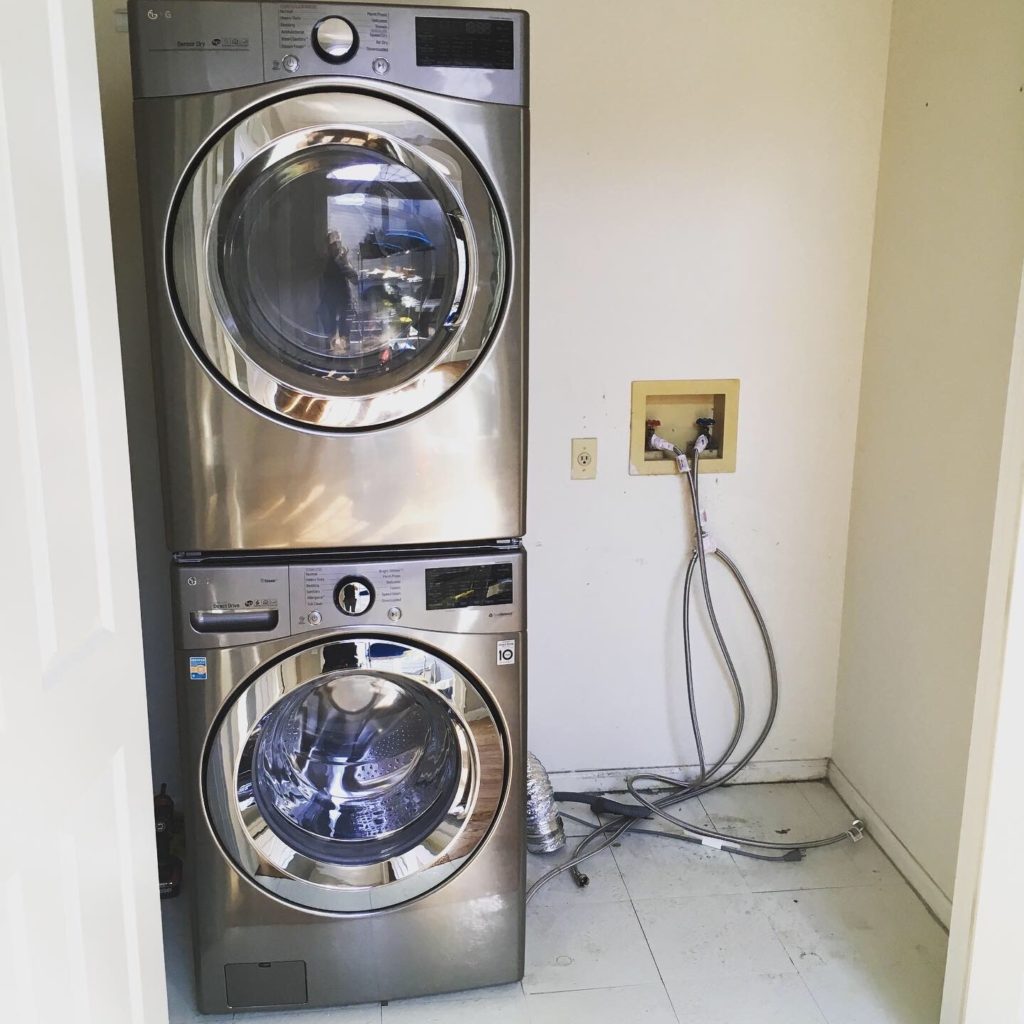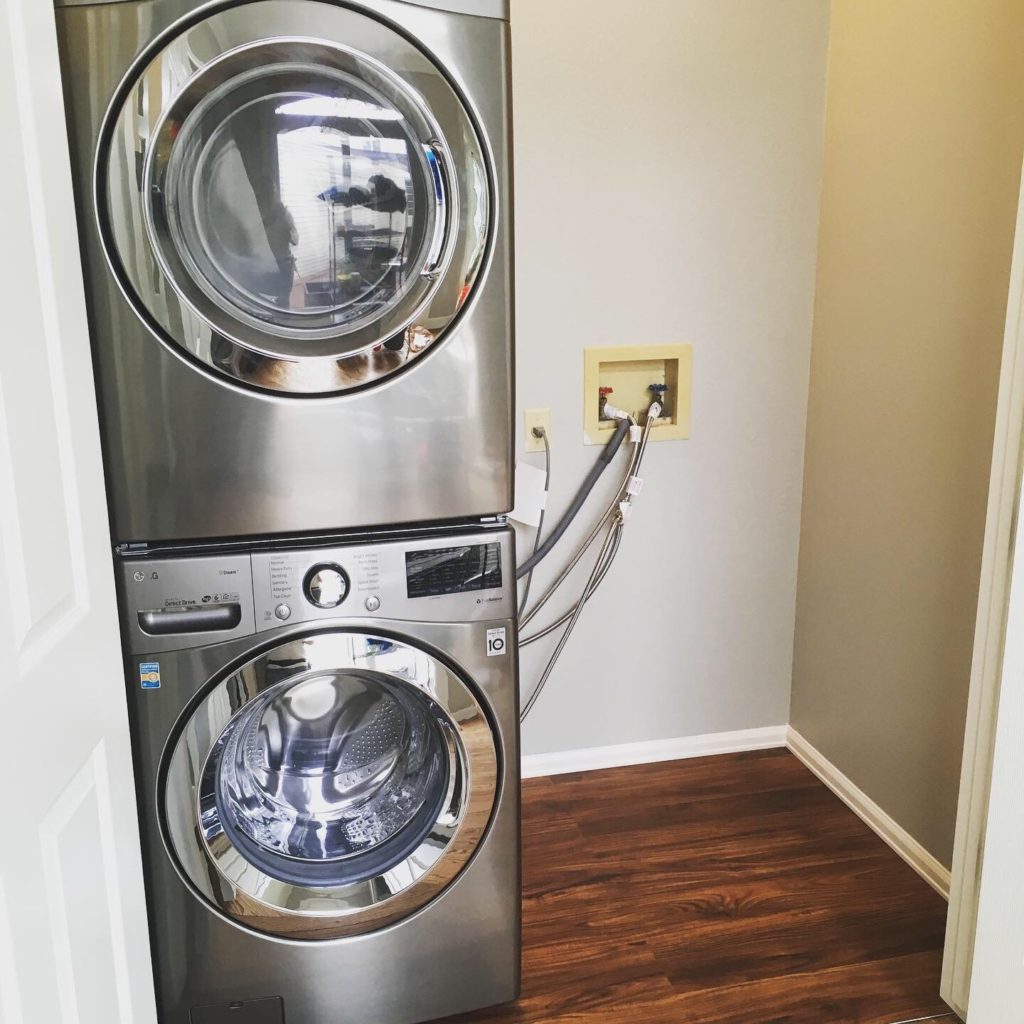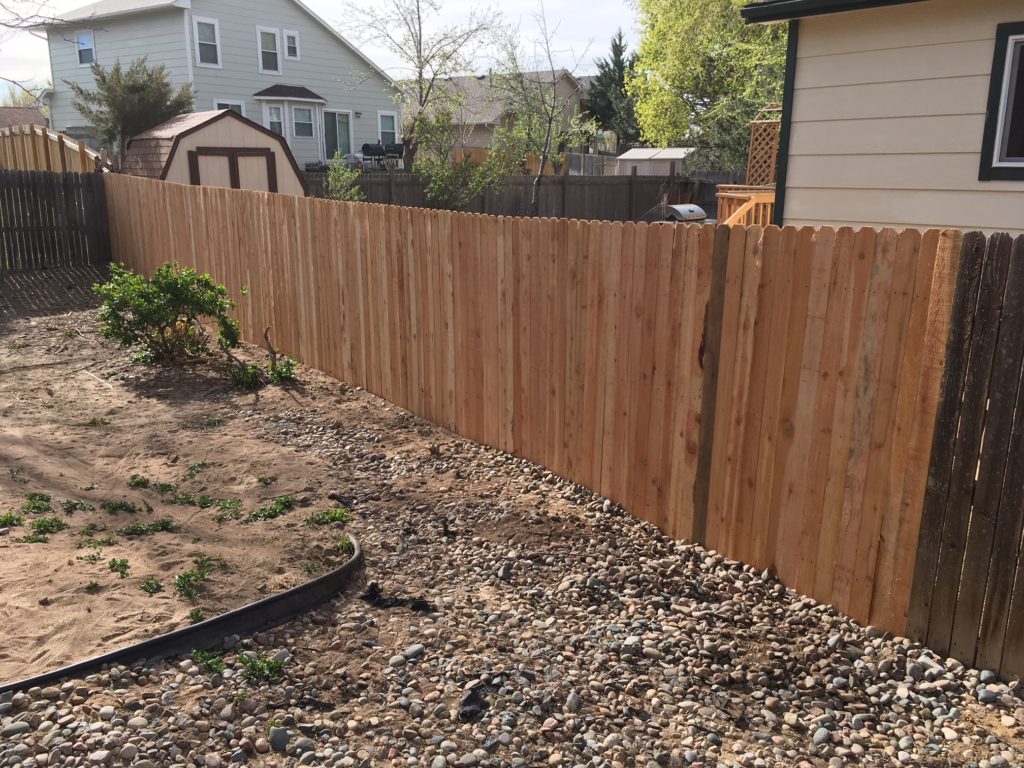

A handyman (worker), is a person who’s skilled in performing multiple repairs jobs, that is typically performed around the home. They complete interior and exterior projects including plumbing repair, lighting installation, or repair and maintenance projects. A handyman doesn’t specialize in a specific craft, however, they possess various trade skills. In most regions handymen are paid laborers, but the term also refers to unpaid tasks, fixer-upper projects, or DIY jobs around the home.
In most regions, the average hourly rate to hire a handyman in 2019 was between $60 to $65/hour. Jobs taking one to two hours to complete are priced between $75 to $155/hour. And, handymen who charge a flat hourly rate for jobs requiring four or more hours or higher to complete, charge a base rate of $300. Additionally, rates fluctuate based on the type of project they’re completing, skills, the complexity of the work, region (city/state), and other variables.
Not all handymen are created equally. The skill sets a handyman possesses, will dictate what jobs you should hire them to perform. The following are a few of the services a handyman will likely perform. Minor plumbing repairs such as repairing a small leak can be done by a handyman. Applying caulking to doors/windows, drywall repair, replacing damaged deck boards, or gutter cleaning and maintenance work, are a few projects a handyman will usually tackle. Touch-ups, general house repairs, and painting are also services handymen can complete. For major repairs, hire a specialist.
*If it requires an inspection, you should hire a professional, not a handyman (unless they’re licensed/insured). Handyman specialists will inform you if they exceed general repair work and small installations. Major repairs (siding, new installation, new windows, electric,al etc.) should be done by a licensed professional.


Technically, no. A handyman isn’t required to carry insurance because in most cases they’re doing small DIY jobs, that don’t require a license. In some states, however, such as California, a handyman can’t charge more than $500 to complete a job. If they do, they’ll need a general contractor license, at which point, they must purchase insurance. Although not required by law, it’s smart to invest in general liability, worker’s comp, loss (equipment), and claims arising out of damage/loss policies at a minimum.
Tipping is not expected, nor is it calculated into your bill. Most handymen will charge an hourly rate that compensates them for their time, labor, and supplies used in the job. Some service professionals feel it’s an industry where tipping shouldn’t be accepted. Others view it as a manner of saying “thank you” for the work. Depending on the complexity of the job and the labor required, tipping may be appropriate for larger jobs but isn’t expected.
If you’re planning a DIY project or hiring a handyman or contractor to work on your property, certain projects will require a permit. Home improvements you’ll need to obtain a permit for are installing or repairing fencing, adding a retaining wall (structural beam/support) to your property, roofing work, or adding electrical outlets to your home. Additionally, new windows and doors, easement work, shed installation, and soil grading, are a few services necessitating a permit as well.
Changes made to your home go on record with the government, if these are major changes/work, you may be required to have a permit to complete those projects. Generally, structural work to your property requires a permit. Work on decks, patios, balconies, or roofing will require permits. Additionally, electrical work and rewiring necessitate a permit. Any plumbing work that is completed in your home, or mechanical work completed, will call for you to obtain a permit before completing these projects.
Several variables go into play in determining if a handyman can do plumbing work. In some states, handymen are prohibited from doing plumbing work, only licensed and certified plumbers can do these services. Other states permit handymen to perform minor plumbing repairs. A plumbing license is required in 46 out of the 50 US states, therefore, in most states, handymen aren’t going to be able to do plumbing services (legally) in your home unless they’re licensed plumbers. Aside from basic fixtures, leaks, and washers.
Similarly to plumbing work, handymen can only do electrical work if they are licensed to perform electrical work. Besides the basic switches and fixture installation state licensing is most likely required. Handymen who are licensed will typically carry their license with them. Even if they are licensed, unless they’re a master handyman, you shouldn’t rely on them to perform major electrical repair or installation. For general repairs, rewiring, or small electrical issues, you can rely on a licensed handyman. For larger, complex jobs, hire a master electrician instead.
The ever-popular answer… it depends! On average, handymen earn between $35,000 to $38,000 annually as a median, base salary. However, these incomes fluctuate greatly based on experience, types of work they perform, if a handyman is licensed/certified, and region. Location is the highest driving factor behind income. In the District of Columbia (the highest salary), handymen average a little over $46,000 median, while handymen in Texas earned closer to $32,000 annually.

